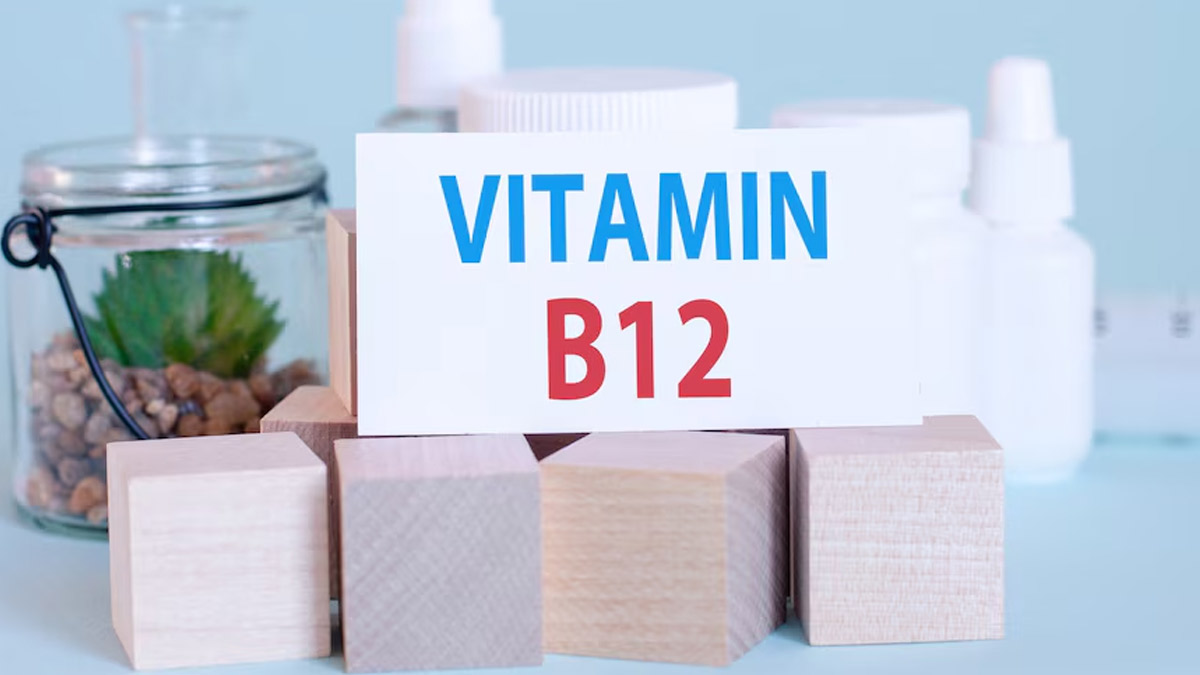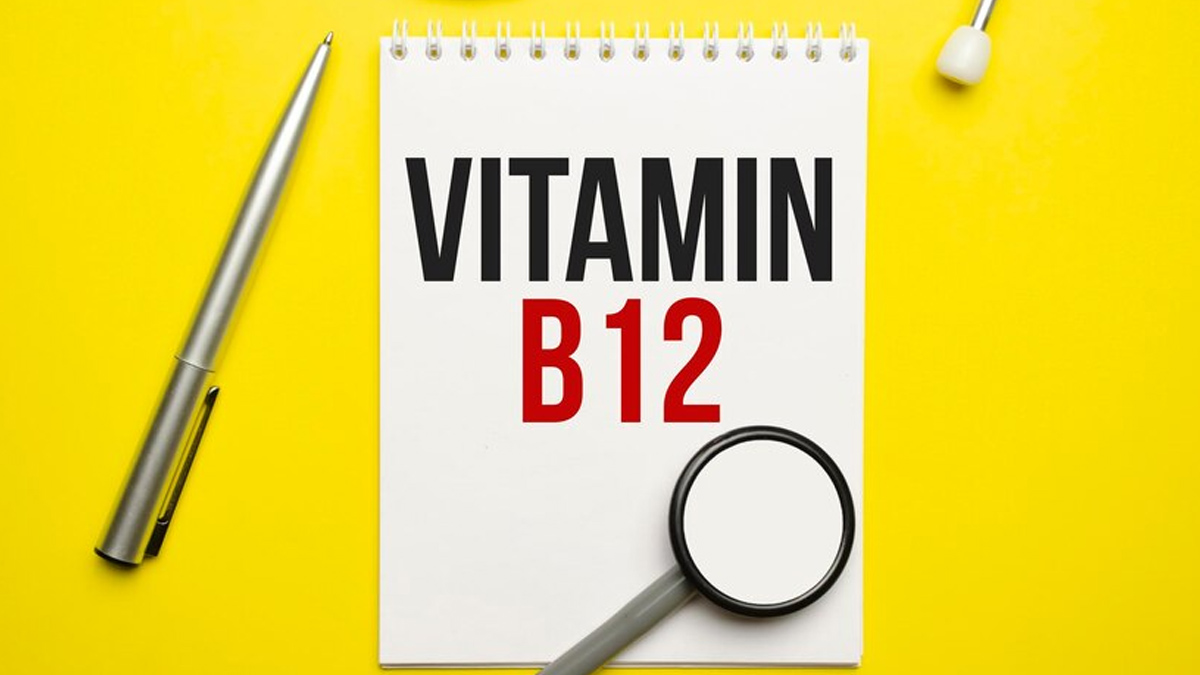
Vitamin B12 is slowly getting its due credit. People are gradually recognising its benefits and understanding the role it plays in maintaining overall health and wellness.
Not only does this vital nutrient help in converting food into energy, but it also facilitates the production of healthy Red Blood Cells (RBCs), which carry oxygen throughout your body. In addition, adequate B12 levels support a healthy nervous system and even play a role in creating DNA, the genetic code within your cells.
Table of Content:-
But there are various reasons that can contribute to vitamin B12 deficiency. Let's start with the most common culprit: insufficient intake of vitamin B12-rich foods.
Low Intake Of Vitamin B12-Rich Foods Is A Primary Cause Of Deficiency

Some of the most common and rich sources of vitamin B12 include animal products, such as fish, meat, poultry, eggs, and dairy products. Other sources include fortified breakfast cereals and fortified nutritional yeasts. Unfortunately, plant foods do not contain vitamin B12, which is why vegetarians and vegans remain at a high risk of vitamin B12 deficiency.
According to the Office of Dietary Supplements (ODS) of the National Institutes of Health (NIH), a healthy adult needs 2.4 micrograms (mcg) of vitamin B12 per day. It is important to note that the amount may vary for children and pregnant and breastfeeding women.
Low dietary intake of vitamin B12 can lead to complications and various symptoms, including weak muscles, numbness, trouble walking, nausea, weight loss, irritability, fatigue, and an increased heart rate.
Malabsorption
Malabsorption is when your body cannot absorb necessary nutrients due to various reasons. In the case of vitamin B12, one reason is gastric bypass surgery, according to StatPearls Publishing. This surgery bypasses the part of the stomach that makes a substance called intrinsic factor, which, along with stomach acid, helps your body absorb B12.
Another reason is damage to the last part of the small intestine, where B12 is normally absorbed. This damage can be caused by Crohn's disease, celiac disease, or a tapeworm infection, according to research.
Pernicious Anaemia

Pernicious anaemia is a rare autoimmune condition that hampers the healthy functioning of the small intestine, making it difficult for it to absorb vitamin B12. According to research, it can affect people of all ages but is more prevalent in those over the age of 60.
Also Read: Muscle Weakness, Memory Loss Can Lead To This Blood Disease. Know Symptoms, Causes And Risks
Liver Problems
Most of the body's vitamin B12 is stored in the liver, according to the MSD Manual. When the body needs it, the liver releases B12 into the bloodstream. However, liver problems can disrupt this storage system.
Liver disease can lead to scarring or cirrhosis, where healthy cells are replaced by scar tissues. This affects the liver's ability to produce proteins needed to use B12 effectively. In severe cases, the liver might even break down stored B12, leading to a vitamin B12 deficiency, even if blood tests show normal B12 levels, because the B12 may be trapped in the liver and unavailable to the body.
Long Term Use Of Certain Medications

Using certain medications for long periods of time can lead to vitamin B12 deficiency, according to a 2021 study published in the World Journal of Diabetes. These include metformin, a common medication for type 2 diabetes and prediabetes, and proton pump inhibitors, which are used to treat acid reflux. Therefore, it is important to speak to your doctor before you take any medications.
Bottomline
Vitamin B12 is an essential nutrient that helps with several bodily functions. However, many factors, including low dietary intake, lack of vitamin absorption, long-term use of medications, and liver problems, can lead to vitamin B12 deficiency. It is important to consult a healthcare professional to fully understand the cause of your deficiency and make the necessary changes to treat the condition.
Also watch this video
How we keep this article up to date:
We work with experts and keep a close eye on the latest in health and wellness. Whenever there is a new research or helpful information, we update our articles with accurate and useful advice.
Current Version